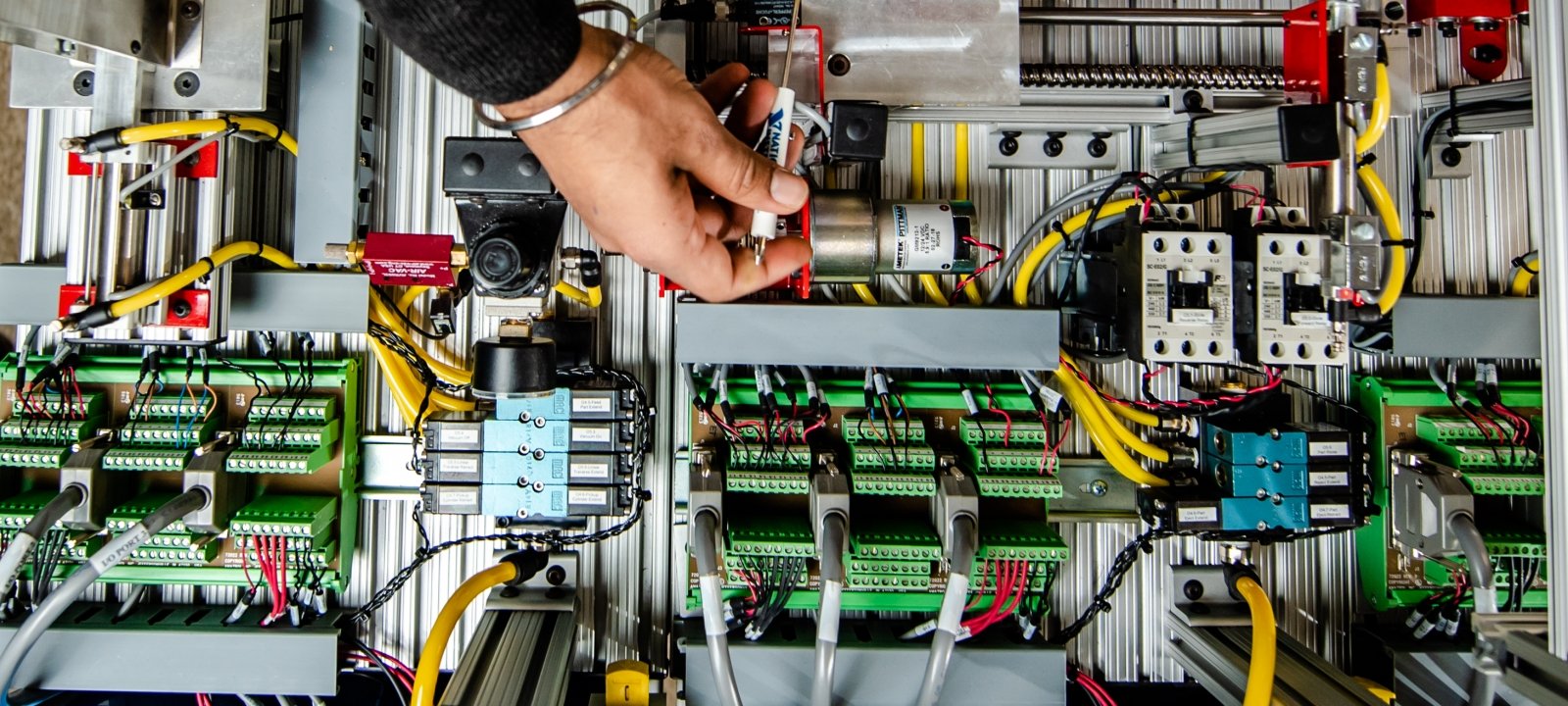Type of Agile Methodologies :
in previous lecture we studied the agile and know should to know the types of agile methodologies :
1- Scrum methodology :
is a popular agile model that is lightweight and easy to understand , it has three pillars , which the pillars are :
- transparency
- inspection
- adoption
- Product owner :
an individual organization who is responsible for gathering inputs about product from a customer and translating the requirements into the product vision for the team and stakeholders .
- Scrum Master :
the coach of development team and process owner in the scrum framework who removes obstacles , facilitates , productive events and defends the team from disruptions .
- Development team :
dedicated m self managing , cross functional and fully empowered individual who deliver the finished work required by customers.
now we already know the scrum methodology team , so now we should know the process of scrum meetings :
the inputs from executive ,team, stakeholders , customers, users give the inputs or requirements to the Product Owner and the requirements call : product backlog - product vision - product roadmap .
Sprint scrum meetings :
- Sprint planning scrum meeting :
is the first meeting of the scrum method , so it consider a collaborative events in scrum in which the scrum team plans the work for the current sprint to put time boxed for each iteration and define
the backlog refinement :
create a prioritized list of customer requirements and the first step of scrum in which priority is based on risk and business value of user story :
- high risk +high value
- high risk low value
- low risk + high value
- low risk + low risk
- Sprint Daily standup meeting :
a short meeting (15 min) in which the complete team gets together for quick status update .
- Sprint Review Scrum Meeting :
overview at the end of each iteration with the product owner and other customer stakeholders to
review the progress of the product , get early feedback and review on the acceptance of what delivered in the iteration .
- Sprint Retrospective meeting :
the critical part of scrum process attended by the product owner , scrum master and the scrum team to analyze what is working well and what is not , and to agree upon changes to implement ,
2- lean methodology :
an agile method used in manufacturing that focus on achieving outcomes with little or now waste .
- seven lean core concepts :
- Eliminate waste
- build quality
- fast deliver
- optimize whole : should present optimize product in everything .
- defer decision : should delay my decision till know everything of the problem or task.
- amplify learning
- empower team
- seven lean waste :
- partial done work .
- extra process .
- extra features .
- task switching : don't move qualified labor in his process to other process .
- waiting :don't wait row material for my production line and waste time and money .
- motion : should have all resources behind my plant .
- defect .
- partial done work .
- extra process .
- extra features .
- task switching : don't move qualified labor in his process to other process .
- waiting :don't wait row material for my production line and waste time and money .
- motion : should have all resources behind my plant .
- defect .
3- kanban :
is derived from lean production system of TOYTOA which means (Sign Board ) in Japanese .
Kanban Board : a visualization tool that enables improvements to the flow of work by making bottlenecks and work quantities visible .
- Five kanban principle :
- Visualize the work .
- limit the WIP (Work in progress).
- manage flow : if testers be free can help in the process and like that which called swarm technique .
- make progress explicit .
- improve collaboration .
4- Extreme Programming Xp :
fine scale feedback :
continuous process :
refactoring
small releases .
shared understanding :
collective ownership of code .
simple design .
system me.






0 Comments